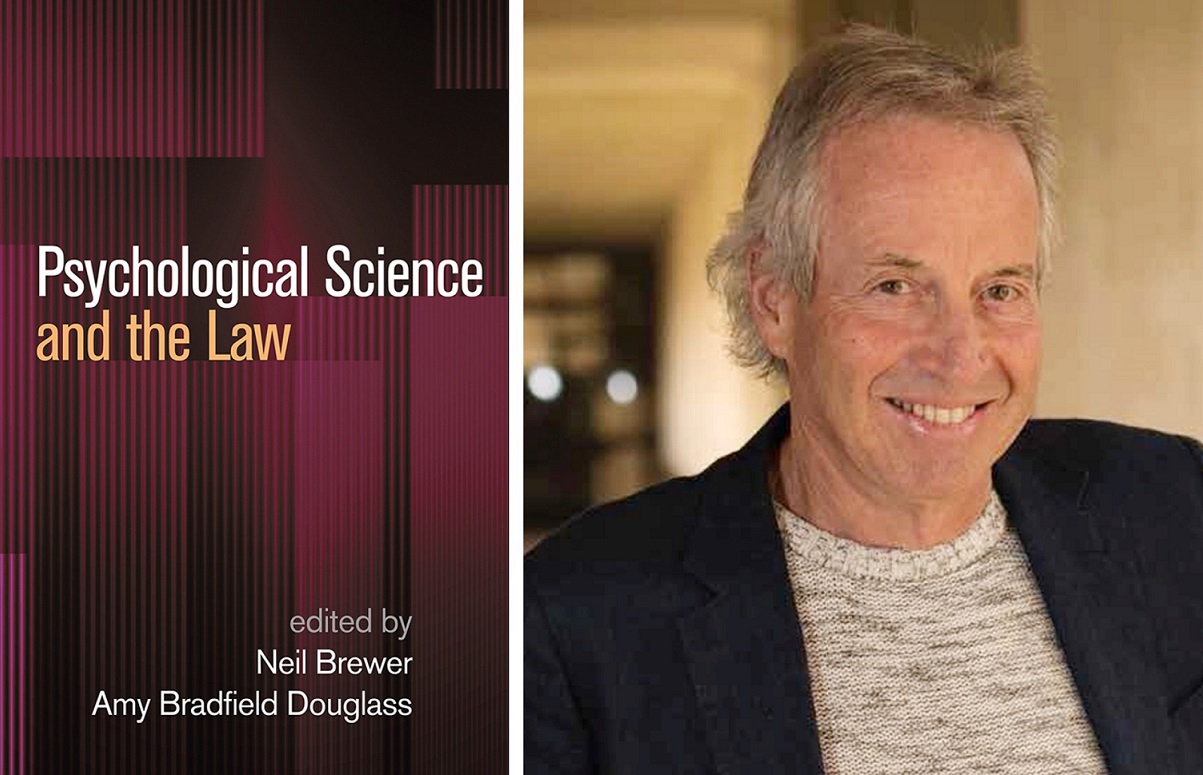
A comprehensive book on psychology and the law was launched recently at the American Psychology Law Conference, providing a much-needed discussion on fundamental psychological questions at the heart of criminal law.
Is a suspect telling lies?
Will an incarcerated individual be dangerous in the future?
Is an eyewitness accurate?
How can false memories be implanted?
Co-edited by Matthew Flinders Distinguished Emeritus Professor Neil Brewer, Psychological Science and the Law addresses the common conundrums in forensic psychology – incorporating current theory, experimental methods and empirical findings. It also offers specific recommendations for improving the quality of evidence and preserving the integrity of investigative and legal proceedings.
The timely book has received stellar reviews from some of the most eminent names in psychology law, including Distinguished Professor Saul Kassin of the City University of New York, who says psychological research in social justice matters has never been as necessary as today.
“This text satisfies today’s high demand for forensic psychology in the courts and in the college classroom.
“With up-to-date chapters written by active scholars, the book spans a range of sizzling topics—criminal profiling, lie detection, police interrogations and confessions, eyewitness memory, bias in the forensic sciences, judicial and jury decision making, plea bargaining, psychopathy, and what it means to be competent to stand trial.”
Psychological Science and the Law is available online in both hard cover and ebook.

